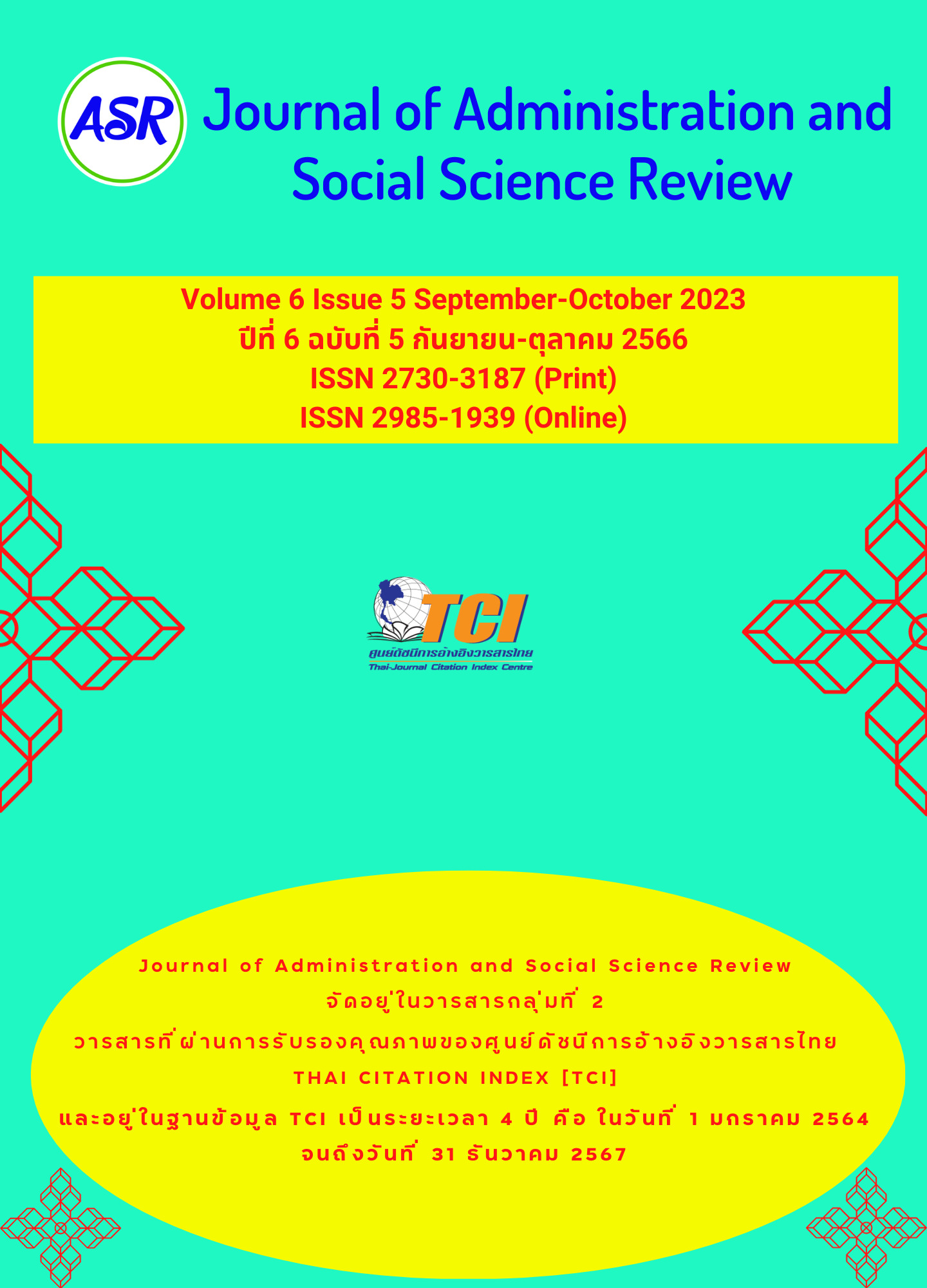Guidelines for Solving Dropout Students in the Vocational Certificate Program at Uttaradit Technical College
Keywords:
dropout students, vocational certificate programAbstract
The objectives of this research were: 1) to study the problems and causes of students dropping out of the vocational certificate program at Uttaradit Technical College; 2) to find a solution to the problem of students dropping out of the vocational certificate program at Uttaradit Technical College. The population consisted of 1) class advisors industrial technician teachers general education teachers, the students' parents, and 201 vocational certificate students selected by simple random sampling, and 2) educational administrators, advisors, industrial technician teachers, general education teachers under the Office of the Vocational Education Commission, and educational psychologists, totally 12 people by the use of the purposive selection method. Research tools include questionnaires and interview forms. The statistical methodology used for analyses was the data mean, standard deviation, and content analysis.
The results of this research revealed that the problem conditions and causes of students dropping out of the Uttaradit Technical College Vocational Certificate Program had all 7 factors, ranked in descending order: friends, families, students, educational institutions, societies, teachers and instructors, environment, community, and culture. The findings of the research provided guidelines as the followings. 1) Educational institutions should provide the students with trainings on illegal actions. 2) Educational institutions should have measures to visit students' homes. 3) Educational institutions should make class attendance agreements with the students. 4) Educational institutions should invite various organizations to support their activities. 5) Educational institutions should organize media competence trainings. 6) Educational institutions should provide the teachers with the trainings on instructions and learning process. 7) Educational institutions should create networks with community chiefs to patrol disorderly areas near the college.



